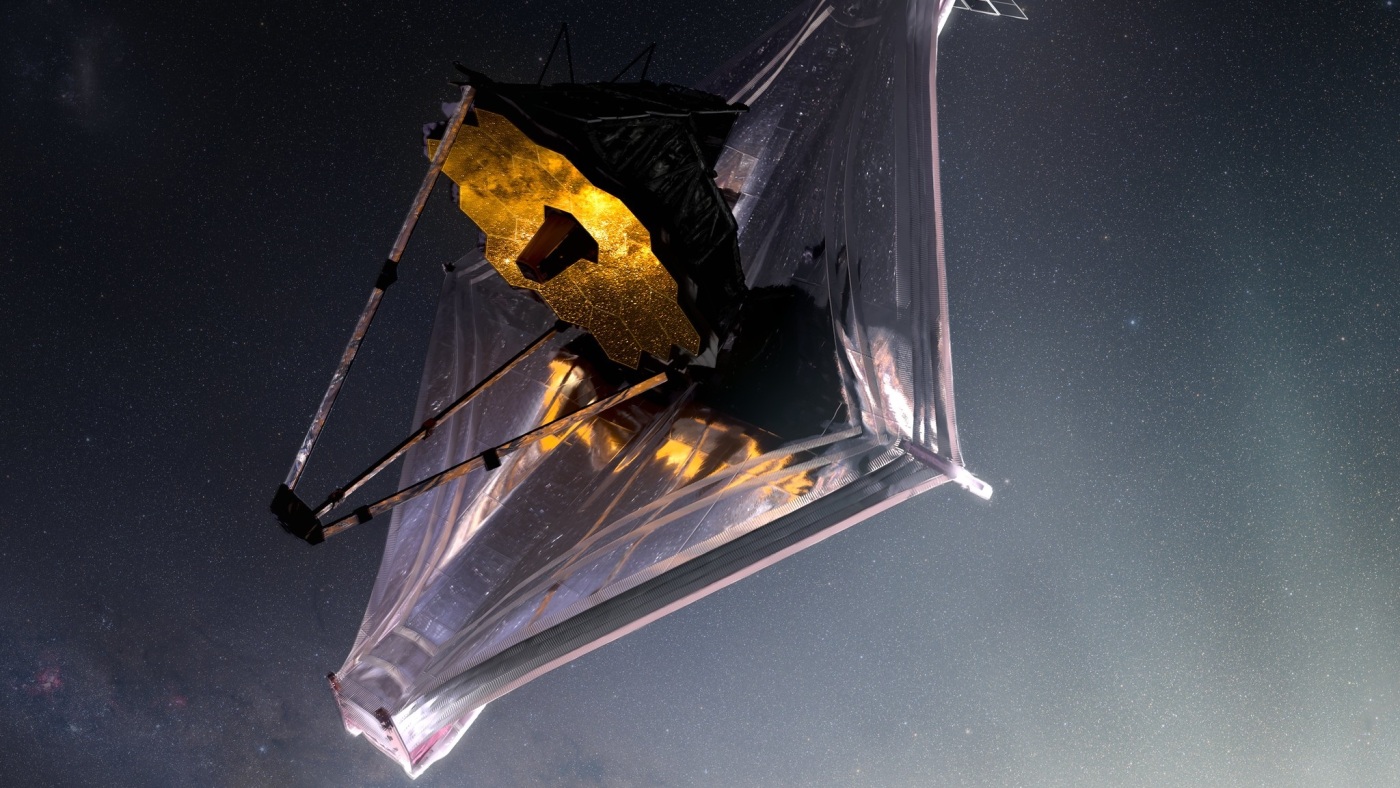Alien Life Hopes Dimmed: Scientists Unravel Mystery of Promising Exoplanet's 'False Signals'

In a scientific rollercoaster of discovery and doubt, astronomers are grappling with conflicting interpretations of potential life-supporting conditions on a distant exoplanet. Initially, researchers using the cutting-edge James Webb Space Telescope celebrated what seemed to be a groundbreaking detection of biosignature gases on planet K2-18b, sparking excitement about the possibility of extraterrestrial life.
However, the scientific community quickly tempered that enthusiasm. A subsequent, more rigorous analysis of the same telescope data has challenged the original findings, casting a shadow of uncertainty over the initial claims. This rapid reassessment highlights the meticulous nature of scientific research, where initial excitement is always subject to intense scrutiny and verification.
The back-and-forth surrounding K2-18b underscores the complex challenges of detecting potential signs of life beyond our solar system. It serves as a reminder that in the frontier of space exploration, each discovery is just the beginning of a longer, more nuanced investigation into the mysteries of the universe.
